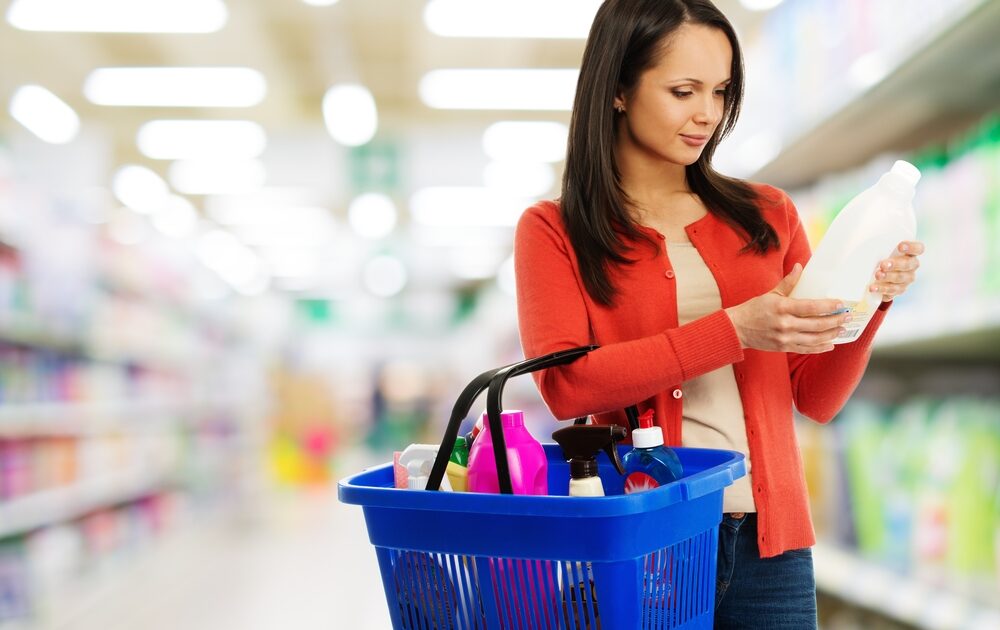8 Terms on Natural Cleaning Products You Need to Know

Whether you’re about to launch into spring cleaning or just heading to the store to restock your supplies, it’s important to know the terms that you might encounter on natural cleaning products – as well as those that aren’t. Familiarize yourself with these common product terms, so that you’ll know which cleaners are best for your family.
When in doubt, stick with simple, everyday cleaning ingredients such as white vinegar, baking soda, lemon, salt, and vegetable oil soap. Here’s the rundown on the rest:
Antibacterial – This product contains chemicals that kill bacteria – and often molds and/or viruses. You’ll find the exact type of chemicals listed as “active ingredients” on the label. More and more studies are showing that antibacterial soaps actually encourage bacteria to become resistant super-bugs. Avoid antibacterial products, and choose natural cleaning products instead.
Bleach Alternative and Chlorine-Free – Products with either of these labels do not contain chlorine bleach, a powerful chemical that may increase your risk of asthma and respiratory problems if you use it often. These products may contain oxygen bleach instead, which is also a corrosive chemical that must be handled with care. While oxygen bleach is an irritant for many, it is a better option than chlorine bleach because it does not contain harmful chlorine gas.
Inert – Beware of this tricky term. While the definition of this term means “chemically inactive,” inert substances may contain preservatives, synthetic fragrances, petroleum-derived solvents, and other non-pesticide ingredients in antibacterial products. All of these things can irritate your skin and respiratory system, and in some cases can cause neurological damage and other long-term health effects.
Irritant – Irritants cause mild to severe temporary irritations, including inflammation, itching, and/or redness of the skin, eyes, or lungs. While supremely irritating, no permanent tissue damage occurs – but you still want to avoid this term at all costs!
Natural – There is no legal definition or regulation of this term. The word is generally used by manufacturers to imply that some or all of the product’s ingredients come from plants or minerals, instead of petroleum. But legally, it means nothing.
Planet-Based – This term is a stand-in for “natural.” It has no legal basis, and is meant to imply that some or all of the ingredients are derived from plants.
Solvent – A liquid that keeps other ingredients mixed in a solution is known as a solvent. Solvents are popular for cleaning up tough stains and dirty situations – and they often release volatile organic compounds into the air. Inhaling solvents may cause neurological damage, respiratory distress, developmental and reproductive harm, and cancer. Use natural cleaning products and old-fashioned elbow grease instead.
Surfactant – A surfactant is a chemical that loosens grease and dirt from a surface so that it can be cleaned. Some surfactants, like soap, are safe to use – and essential for cleaning. Other surfactants, including chemical detergents, can be toxic to living things such as aquatic life. They decompose slowly and should be avoided.
Related on Organic Authority
5 Pointless Chemicals in Your Home
Why Antibacterial Soaps Do Us No Favors
Where’s Bleach Hiding in Your Home?
Cleaning products image via Shutterstock

